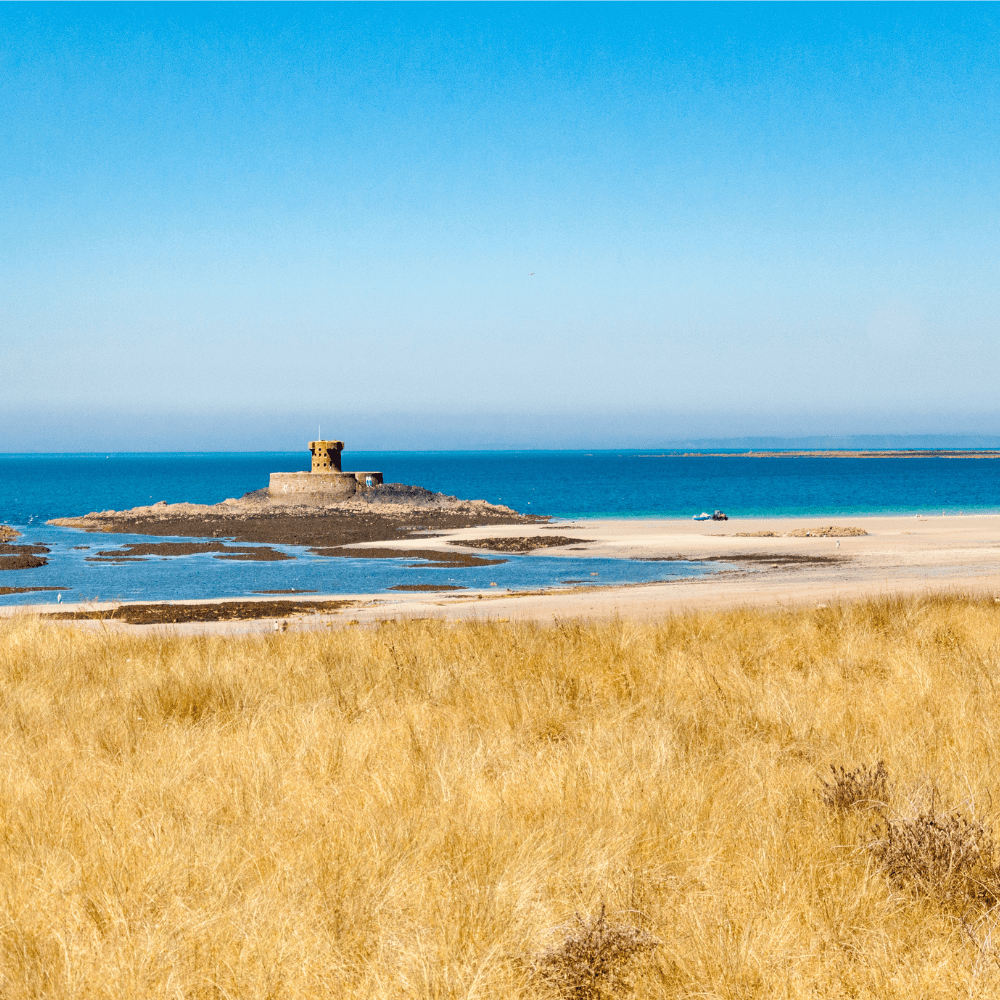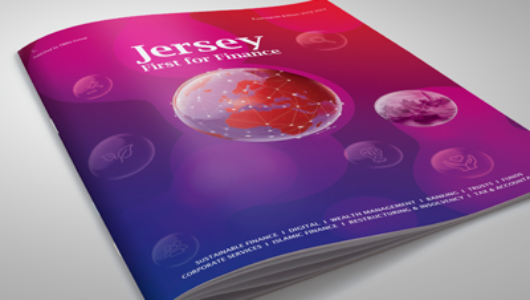Jersey is a leading financial services jurisdiction with the expertise and flexibility to address the rapid evolution in sustainable finance that has brought responsible and ESG investing into the mainstream.
Yet sustainability is not a new concept. For example, Rathbone Greenbank, our specialist responsible investment division, has been managing money on this basis for almost 30 years. However, what have previously been disparate attempts to force positive sustainability change for good have now become an ever-increasing and accepted collaboration. As a jurisdiction, we collectively have clearly visible goals to deliver based on the United Nations-backed Sustainable Development Goals (SDGs).
I will now touch upon how Jersey is engaging on these goals and the importance of partnerships covered by SDG17.
A prime example of our expertise, innovation and collaboration is the Durrell Wildlife Conservation Trust. Not only is the Trust saving endangered species across the world but it also cares passionately about their biodiversity, which provides vital, interdependent ecosystem services that sustain life on land and below the water.
Before 1970, the earth’s capacity to regenerate natural resources was greater than mankind’s ecological footprint. The Living Planet Index reports that, since then, human expansion has resulted in a 70% decrease in global biodiversity and that we are now overusing global resource capacity by more than 50%.
To tackle the problem, a collaborative project has been established between the Trust, Jersey Finance, industry, government and Jersey Overseas Aid. The aim of the project is to reforest land through the Trust’s global Rewild Carbon initiative, an impactful carbon-offsetting programme. This is with the objective of bringing about positive change by restoring global ecosystems.
To put this into context, in 2020 the World Economic Forum estimated at least £36 trillion of economic value generation was moderately or highly dependent on natural services, equating to more than half of global GDP. Without prompt action to reverse decades of catastrophic biodiversity loss, the world could rapidly reach a point of no return, so we need more collaboration and partnerships to address the issue. However, there is much more work that needs to be done.
Less obvious is the behind-the-scenes work needed to ensure that our sustainable credentials continue to be built on trust and integrity. In 2021, to mitigate against the risk of greenwashing, Jersey introduced a new, proportionate disclosure framework. It is a robust – yet pragmatic – approach to regulating sustainable investments, offering reassurance to stakeholders, industry and investors.
Jersey is highly regarded as a financial centre due to its well developed legal system, administration capabilities – particularly in alternative investments – and flexible fiduciary
structures across individual or family trusts, philanthropic foundations and a variety of fund structures. This infrastructure has grown in previous years, in collaboration with international partners, with Jersey excelling in a range of sustainable finance work and initiatives that meet many of the 17 SDGs and reflect an increasing integration of broader ESG criteria.
Examples of this include a £1.3 billion low-carbon power fund and other renewable energy funds, as well as a £300 million sustainable infrastructure fund focused on water.
Also, a growing number of innovative sustainable investment consultancies have emerged locally and in partnership with larger firms and many local professional intermediaries have published sustainable investment strategies.
In addition, more than £400 million in green bonds have been issued via The International Stock Exchange (TISE), with more issuance in the pipeline. Jersey lawyers have also recently advised an offshore bank regarding £1.3 billion of ESG-linked finance facilities, a sustainable clean technology company on a stock market listing and a leading real-estate investment management firm committed to contributing to a low-carbon economy.
Jersey’s financial services industry aims to become a leading global centre in sustainable finance by 2030 and the breadth of examples cited represents significant progress. The 2021 report by Jersey Finance – entitled Jersey for Good: A Sustainable Future – has recognised the responsibility of Jersey’s finance industry to support the global transition to a more sustainable future, laying out a two-year plan to deliver on the report’s main objectives by increasing collaboration, education, innovation and communication.
Through this vision, multiple steps have been taken across both government and industry to make Jersey a global leader in sustainable finance. This includes the Government of Jersey setting its own ambitious target to make the Island carbon neutral by 2030. It is also forging ahead with discussions on offshore wind farm and additional alternative energy sources such as solar, to support this vision.
Work
Work
It is no longer possible to ignore the real and present danger posed by climate change...

